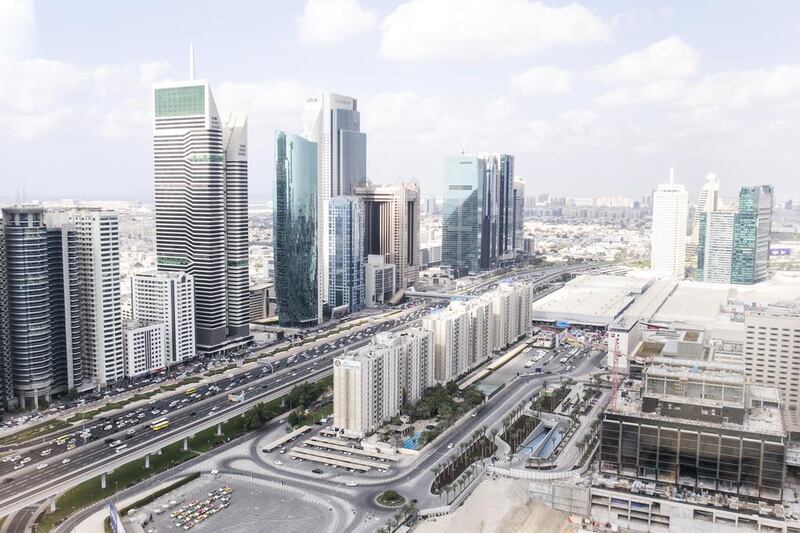Dubai’s hospitality market is becoming much more complex in the run-up to Expo 2020 as developers and owners look at different ways of monetising the assets they are building, according to broker JLL.
JLL said in its latest Dubai Real Estate Market Overview that hospitality-focussed Reits (Real estate investment trusts) are likely to come to fruition following the recent launch of Five Holding’s Reit.
“Traditional players are also reconsidering their strategies through rebranding or de-branding of operating properties,” the report said.
Some 2,500 new hotel rooms were added to the Dubai market in the first half of this year, bringing the total to more than 80,400. A further 40,600 are due to be delivered in the next two-and-a-half years.
Most of the completions that have taken place so far this year have been in the luxury end of the market, “confirming the city’s heavy dependence on the upper end of the market”.
It said that despite additions such as the new 270-key Rove Trade Centre, mid-market hotels only account for 18 per cent of the market, with the majority of these based in districts like Barsha Heights and Bur Dubai. Moreover, mid-market properties are only expected to contribute about 8 per cent of the rooms currently being built, compared with 40 per cent for the upper end.
The building spree of new hotels is placing further pressure on room rates, even though Dubai’s efforts at growing tourism means occupancy rates remain high - at 84 per cent in May 2017, compared with 82 per cent a year earlier. Average daily rates have dropped by 3 per cent over the same period to US$206 per night, JLL said, citing figures from hospitality consultancy STR.
Craig Plumb, the head of research at JLL Mena, said: "As the market is becoming more competitive, margins are going down, so they [owners] will change operators in order to try and increase returns.
"Occupancies have been relatively OK, but room rates are going down so that just means that they have to squeeze extra revenue and cut costs to keep up the level of returns."
Five Holdings is one company that has recently 'de-branded', although its removal of staff of operating company Viceroy Hotels Group from its new Palm Jumeirah Hotel in Dubai is currently the subject of a legal dispute.
When announcing its decision to rebrand the property, the Five Hotels chief executive Aloki Batra said that “the people who actually provide a hospitality experience never receive the real benefits, while most of the commercial benefits are taken in most cases by operators”.
Emaar Properties, meanwhile, recently announced that it is introducing a new hotel management operating model for owners willing to take on one of its brands.
It said that prevalent fee structures involve operating companies receiving a base fee, which is a percentage of the hotel’s total sales, plus an incentive fee based on gross profits.
Emaar said that its model was based purely on the incentive fee, which “aligns the interests of the owner and operator as it focuses on profit generation”.
"The distribution landscape in the hotel industry has changed dramatically and we feel that profit is a more powerful indicator of operator performance than revenue,” explained Olivier Harnisch, the chief executive of Emaar Hospitality Group.
But changing management of hotels is not an easy process, according to Mr Plumb.
“Ending a contract with one management group and taking up one with another is not that straightforward an exercise, so there are some constraints around that," said Mr Plumb.
"But even if they stay with the same operator, they are trying to renegotiate terms to get a more profitable aspect to the contract.”






